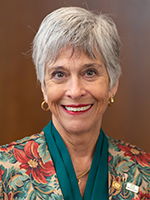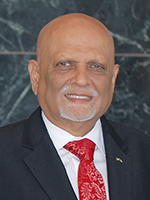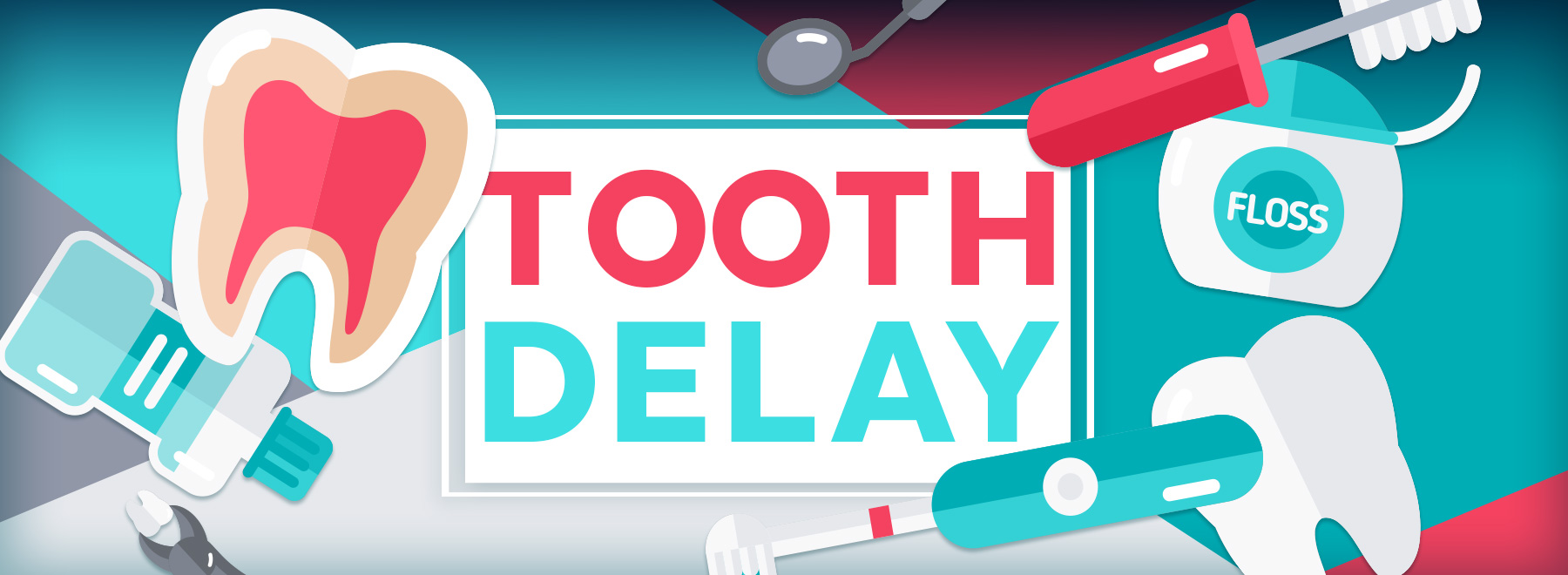Even during a pandemic, dental care can be necessary, safe
As the COVID-19 pandemic enters a new season, your six-month dental checkup may roll around, or that nagging cavity still needs filling.
Should you keep your appointment?
Experts from the School of Dentistry at the University of Mississippi Medical Center say your overall health could be impacted if you don’t.
They say your dental health team has infection control protocols in place designed to keep you safe.

“We are using universal precautions for every patient, and nationwide, we’ve seen no evidence of a coronavirus transmission in a dental office,” said Dr. James Lott, UMMC associate professor of dentistry in the Department of Care Planning and Restorative Sciences. “We make every effort to follow the guidelines that make it safe for patients to see their dentist.”
The primary route of COVID-19 transmission and infection is through inhalation of droplets created by coughing or sneezing. Someone can touch his or her eyes, nose or mouth with contaminated fingers that have been exposed to the droplets. Spread can also occur from touching a contaminated surface and introducing the virus to the nose or mouth. Someone who is infected but not yet experiencing symptoms can spread the virus unwittingly.
Dental procedures and cleanings can create droplets or spatters that become suspended in the air within an exam area. Those viral particles can remain airborne even after the person who emitted them leaves the area, potentially infecting health care workers and contaminating surfaces found in a dental exam room, from the patient’s chair to countertops or tables for instruments.
Lott said the risk of infection is greater for dentists, dental hygienists and dental assistants than for patients, but a regimen of precautions and infection control protocols mitigate risk for everyone. Dental practices statewide are expected to follow strict American Dental Association and U.S. Centers for Disease Control and Prevention recommendations.

Mississippi’s dental community is no stranger to protecting patients from horrific diseases, said Dr. Barbara Mauldin, a Petal dentist and the School of Dentistry’s 2020 Alumnus of the Year.
“Although COVID-19 is a very virulent virus and needs special precautions to prevent transmission, this is not the first virus, nor the last virus, that dentists have faced in the treatment of our patients,” said Mauldin, Mississippi Dental Association immediate past president. “When HIV became an issue in 1984, dentists were among the first professions to expand and update and redesign our equipment to prevent the spread of HIV through dental treatment.
“Each viral challenge allows dentists to pioneer the prevention of disease. Dentists are very safety aware and implement all precautions that have been proposed based on scientific research. Any patient should feel free to question his dentist about safety measures that are now in place at the dental office.”
At the School of Dentistry’s patient clinics, those precautions include:
- All patients and visitors are required to wear a mask. Hand sanitizer is provided for patients to clean their hands before proceeding to a treatment area.
- When patients check in, their temperature is taken. Family members are not allowed to accompany them into waiting or exam areas unless a person has a health condition or disability requiring the assistance of one person, or unless a child is accompanied by a parent or guardian.
- Social distancing is observed in patient waiting areas, and seating capacity is limited.
- Dental caregivers wear appropriate personal protective equipment, depending on the procedure, for their protection and that of the patients.
“If any procedure is scheduled that generates an aerosol, we wear a full mask and face shield and a higher-level mask than we used to, based on the procedure,” Lott said. “Hygienists might look a little more covered up than a year ago.”
Aerosol-reducing processes recommended by the ADA also include, whenever possible, removing hard deposits on teeth by hand instead of using ultrasonic power scalers; using high-velocity suction; and using rubber dental dams, a protective sheet with a hole that a dental professional positions over a tooth during an exam or procedure. - Dental tools and any instruments that enter a patient’s mouth are sterilized, just as they always have been.
- Exam chairs are cleaned using a chemical that kills virus particles, “and we’re doing a longer sit time, or wet time, of the cleaners on the chairs,” Lott said. “We take more time to clean and turn over the room for the next patient to make sure everything is thoroughly cleaned and disinfected.
“When the patient comes to the exam room, there may be more things covered with plastic. From the patient perspective, there might not seem like there are a lot of changes because so much is done behind the scenes.”
The ADA recommends patients visit their dentists promptly if they’re experiencing serious pain; bleeding that won’t stop; tissues that need a biopsy; swelling in or around the mouth, gums, face or neck; broken teeth; or signs of infection, such as pain and swelling. The ADA also recommends prompt care for dental work related to cancer treatment, dentures that aren’t working, painful wiring in braces and traumatic injuries that affect breathing.
Although the World Health Organization has expressed concerns about patients seeking routine dental care in certain situations due to COVID-19, the ADA disagrees.

“Oral health is integral to overall health,” Dr. Chad P. Gehani, ADA president, said in a news release. “Dentistry is essential health care.”
Mauldin said Mississippi’s dentists “are ultimately concerned for the safety of our patients, our staff and ourselves in this pandemic. We are ready to serve the patients in the state with all of their dental needs so that the patient will not suffer dental pain, disease and loss of teeth due to fear of the safety of seeking dental treatment.”
“I don’t want a simple filling turning into a root canal down the road for a patient because of fear,” Lott said. “The risk for a patient is very low. We are doing everything we can to make a visit to the dentist safe.”
The above article appears in CONSULT, UMMC’s monthly e-newsletter sharing news about cutting-edge clinical and health science education advances and innovative biomedical research at the Medical Center and giving you tips and suggestions on how you and the people you love can live a healthier life. Click here and enter your email address to receive CONSULT free of charge. You may cancel at any time.



